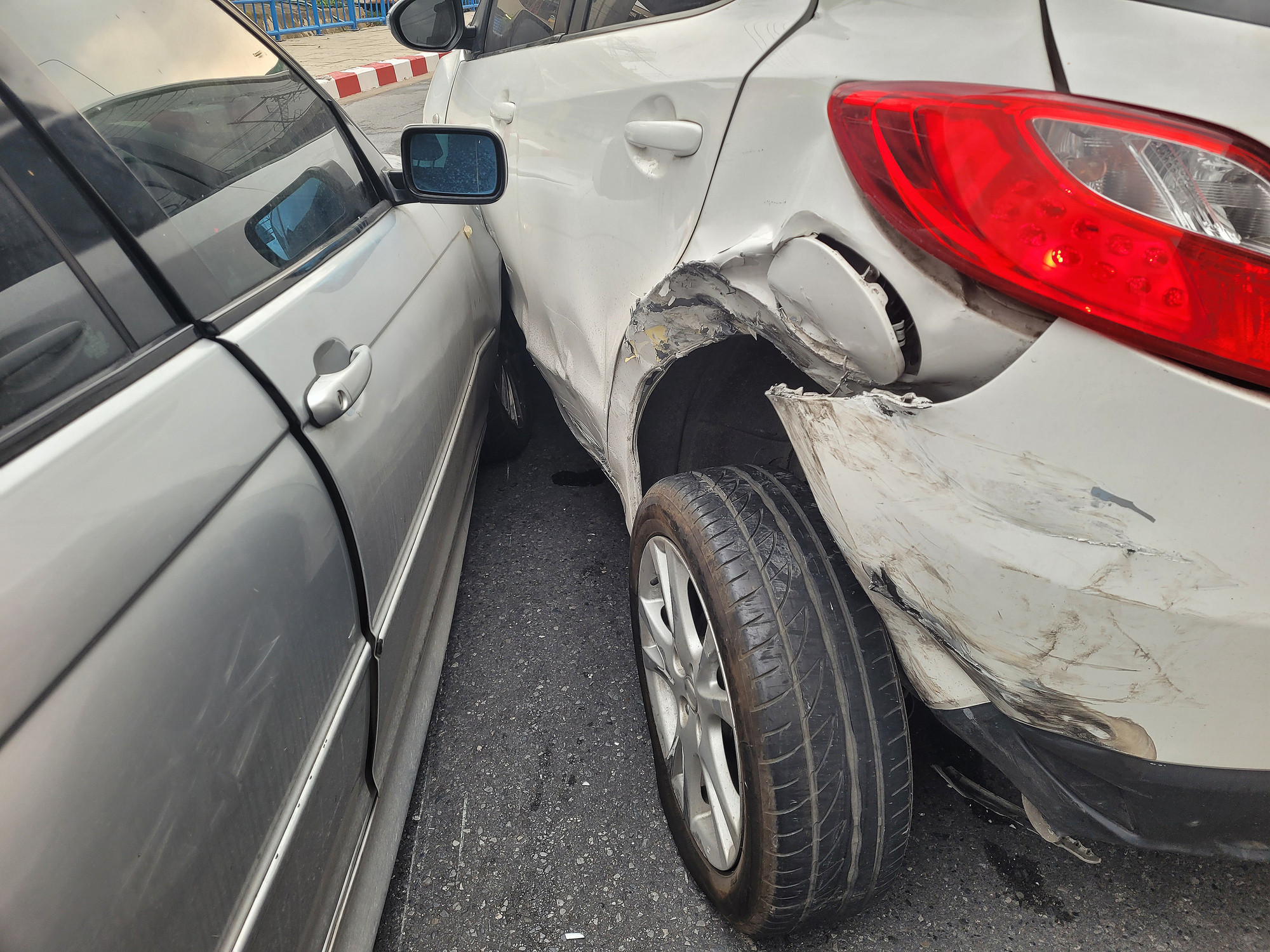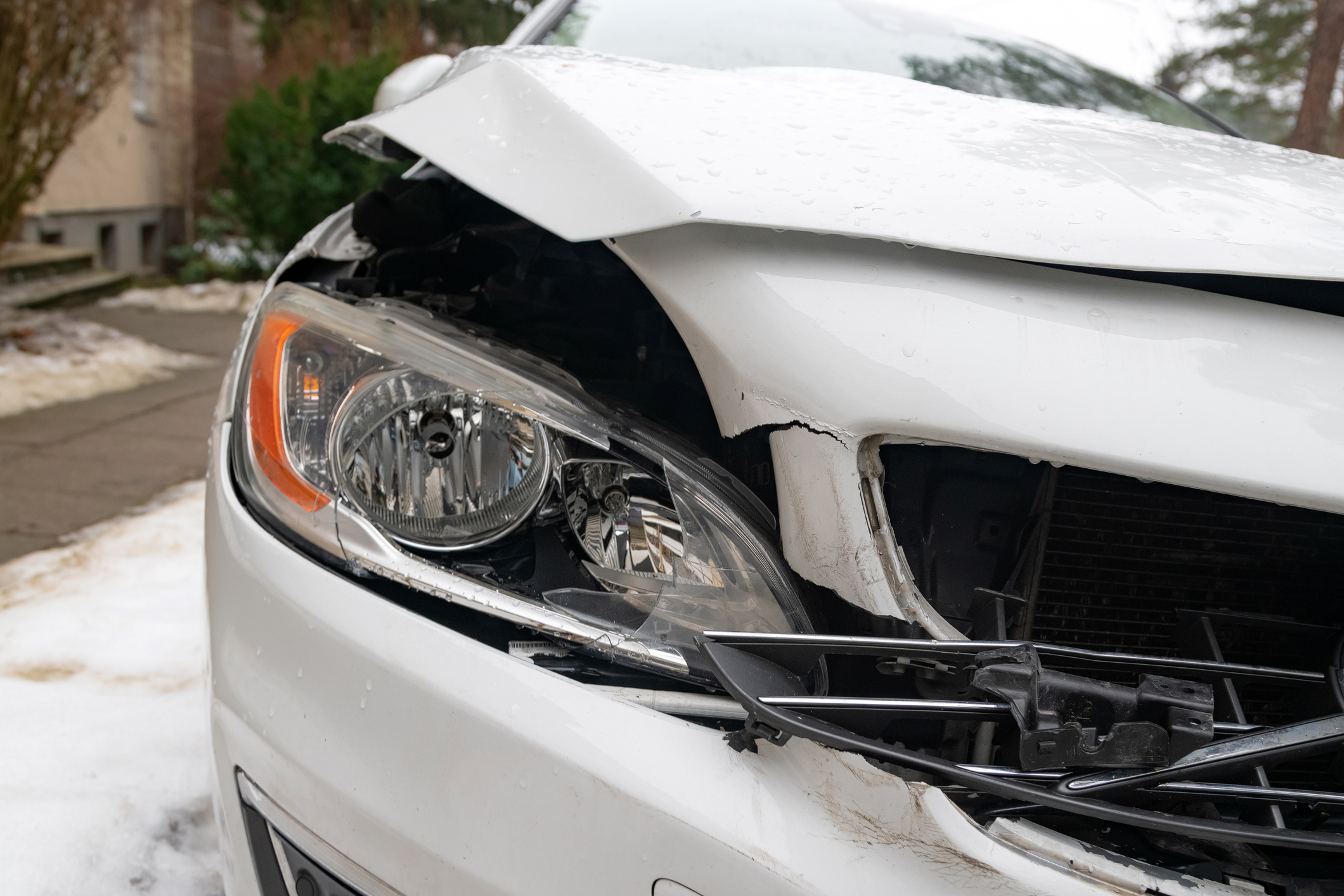If you are struck by another vehicle in a Kansas rear-end crash, it is always a good idea to get comprehensive medical exam.
If you have life-threatening medical problems, an ambulance should be called to the crash scene so you can be taken immediately to the hospital. If your injuries are not life-threatening, wait to law enforcement to come to the collision scene, exchange information with the other driver, and then go to the hospital for an examination and treatment for any injuries. Even if you think your injuries are very minor-or if you think you have not been injured at all-it is a good idea to be checked over by a medical professional.
Why Seek Medical Attention After a Rear-End Crash?
There are two primary reasons why you should seek medical attention after a rear-end crash occurs:
- You need to seek medical attention in order to have all health issues diagnosed and receive prompt treatment.
- You must receive medical treatment before you can make an injury claim for losses sustained as a result of the accident.
No-Fault Insurance and PIP Coverage
Kansas is a no-fault insurance state, which means that personal injury protection (PIP) coverage is a required part of every insurance policy – even those that are considered “liability only.” PIP coverage will pay your initial medical bills and potentially provide some compensation for loss of wages, no matter who was at fault. Whether you were a driver or a passenger, the PIP coverage on your own insurance policy can cover some of your crash injury costs.
Drivers who are seriously injured can also make a claim for compensation from the insurance policy of motorist who caused them harm. In most rear-end accidents, the person at fault is presumed to be driver of the rear vehicle.
Insurance companies will only pay for medical bills and losses if it is clear that the injuries were caused by the crash. When you get medical soon after an accident, the injuries can be documented actually occurred as a direct result of the accident. The medical doctor who conducts your exam can also provide detailed information on the extent of injuries, and give you recommendations on additional treatment you may need.
Sometimes it can be difficult to know the full extent of injuries right away. For example, the Mayo Clinic warns that the appearance of brain injury symptoms are frequently delayed. A brain injury can be life-threatening, even without outward symptoms. Pay attention to what your body is telling you and seek prompt medical attention if you sense something is wrong. A doctor can help you to make sure you correctly diagnose all of the health problems which you are suffering after an accident.
By getting prompt medical help and documenting your injuries, you maximize the chances of a successful injury claim so you don’t have to cope with financial costs of any of your injuries on your own.





